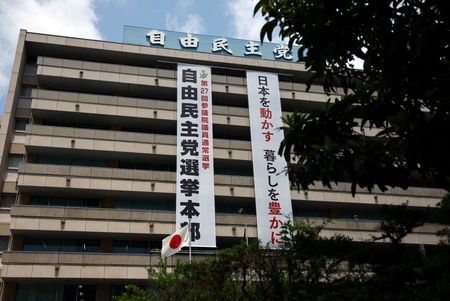KUALA LUMPUR (Reuters) -Malaysia has not yet found any evidence of illicit trade in advanced semiconductors, its trade minister said on Tuesday, adding that authorities were seeking help from the United States in its probe into alleged chip smuggling.
Malaysia has been under pressure from the United States to staunch the flow to China of chips crucial to the development of artificial intelligence.
The Investment, Trade and Industry Ministry last month said it was investigating reports that a Chinese company in the country was using servers equipped with Nvidia chips for AI development.
The ministry this week also imposed export controls on the movement of high-performance chips of U.S. origin.
Minister Tengku Zafrul Aziz said the move was aimed at preventing the misuse of technology and ensure Malaysia remained in compliance with international standards and obligations.
“We want to prevent the misuse of divergent, sensitive technology, such as AI chips,” he told a press conference.
“And most importantly for our industries and economy, we want to avoid secondary sanctions.”
Export controls on chips were one of the concerns raised by the United States in its talks with Malaysia over tariffs imposed on the country’s goods, Tengku Zafrul said.
Malaysia faces a 25% tariff on its exports to the United States, unless it can reach a trade deal with Washington before August 1.
Tengku Zafrul expressed concern over the tariff rate, and said several sticking points remained in the negotiations, declining to provide details due to the sensitivity of the matter.
“We can’t agree to terms when the tariff rate is still high because we don’t know what the terms are,” he said.
Regardless of the tariffs, Malaysia remained on track to meet its economic growth target of 4.5%-5.5% for the year, while the ministry will look to achieve its trade target of 5% growth in 2025, Tengku Zafrul said.
(Reporting by Danial Azhar; Writing by Rozanna Latiff and Ashley Tang; Editing by John Mair)











